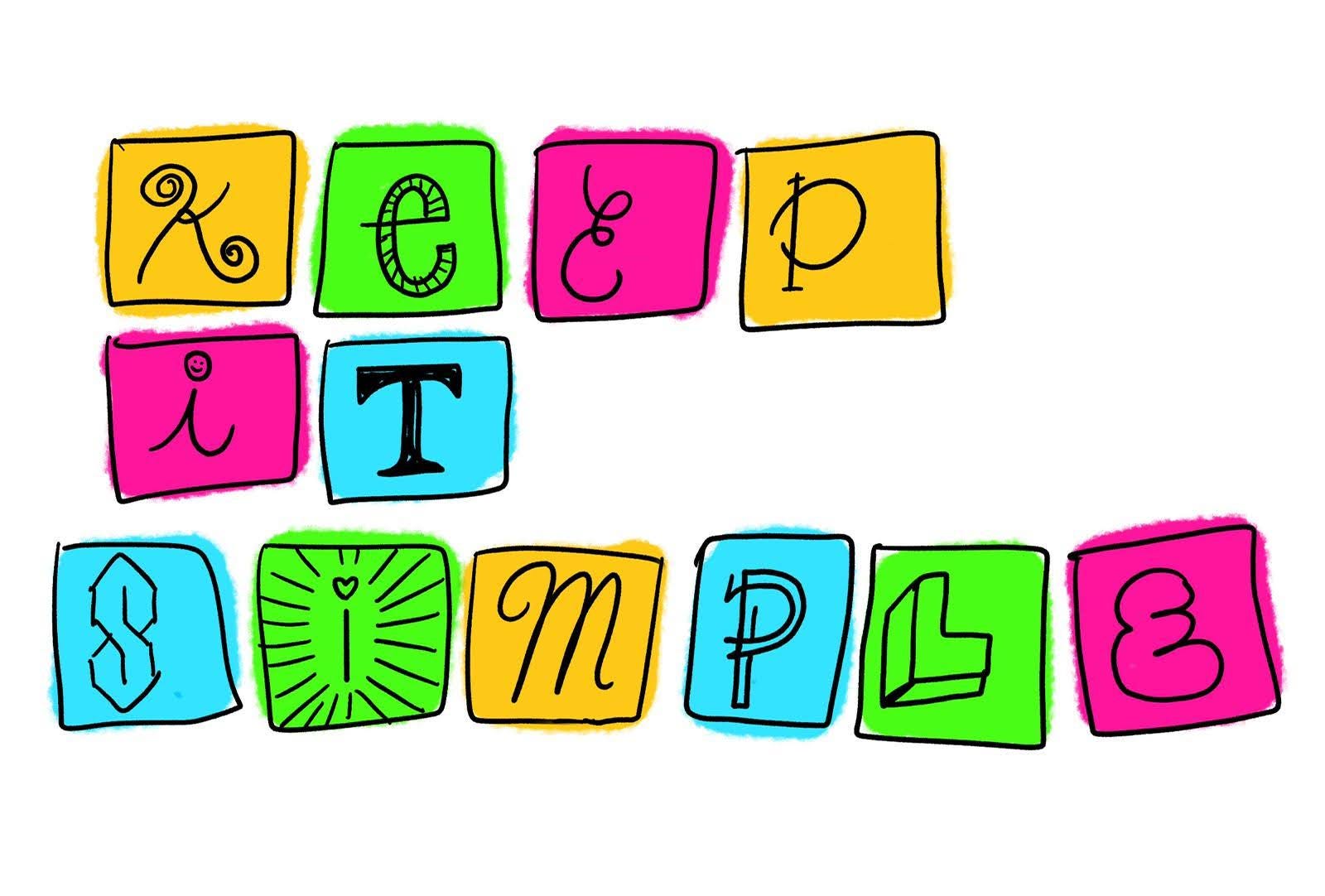 |
Illustration: Léo Hamelin
I’ve been wearing all-black for seven years now. In the last year or so I’ve boldly branched out my sartorial repertoire to include neutrals. My streamlined, monochrome wardrobe makes my life really simple. A capsule wardrobe by default, everything matches; when I go shopping, there’s only one rack of clothes from which to choose.
Counterintuitively, I do actually love fashion and yet, building a wardrobe like this hasn’t limited my style at all. Quite the opposite, it’s helped me keep things intentional. I’ve found a way to derive great joy from my clothes, without stressing myself out about it.
Lately, I’ve been trying to apply this dedication to keeping things simple to other aspects of my life, starting with my work.
Over the summer, I taught a suite of masterclasses about launching a newsletter. A lot of those sessions were spent discussing the importance of focusing a newsletter around a central theme and being clear on your intended audience.
I noticed the same question come up. It wasn’t actually a question, it was a convoluted explanation of a launch plan. Someone had a great idea of a newsletter, a simple but brilliant idea and then rather than executing, devised a plan so intricate that they never released it into the world.
I get it, I do this all the time, too. I’ll get in my own way by creating elaborate plans that stop me from actually getting on with the task at hand. I overcomplicate things because I think my simple and straightforward idea surely isn’t going to stand up. Surely, it can’t be good enough.
In her latest book, Sabotage, the writer Emma Gannon talks about the four most common types of self-sabotage. Perfectionism is top of the list. “Perfectionism isn’t always wanting other people to think you’re perfect, it’s more of a never-ending competition with yourself – endlessly believing you could be better. It can be paralysing.”
Gannon suggests lowering your expectations as a remedy. “Try sending out an imperfect piece of work to a friend, colleague or stranger,” she writes. “Once you do it, and the world doesn’t explode, it’ll be easier to get your work out there.”
In my own battle with perfectionism, my weapon of choice has been simplicity. I want to be able to do things in three steps or less. If it takes more than that, it’s likely a sign I’ve made things too difficult for myself.
Things are rarely black and white, but when it comes to work – and wardrobes – it’s best to just keep things simple.
The Reading List
Skills over qualifications? According to the World Economic Forum, employers will be looking for candidates with a range of creative and empathetic talents.
Just because you’re working from home, doesn’t mean you shouldn’t take a sick day. Working when you’re unwell can harm your psychological wellbeing - which we should be prioritising more than ever.
The world is changing at a rapid pace, but investing in our own personal development can help us stay ahead of the curve. Here’s how the pandemic could encourage a culture of life long learning.






